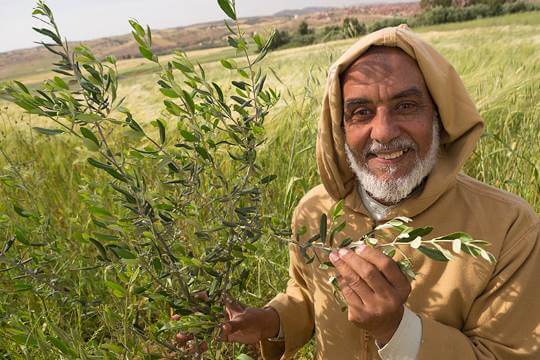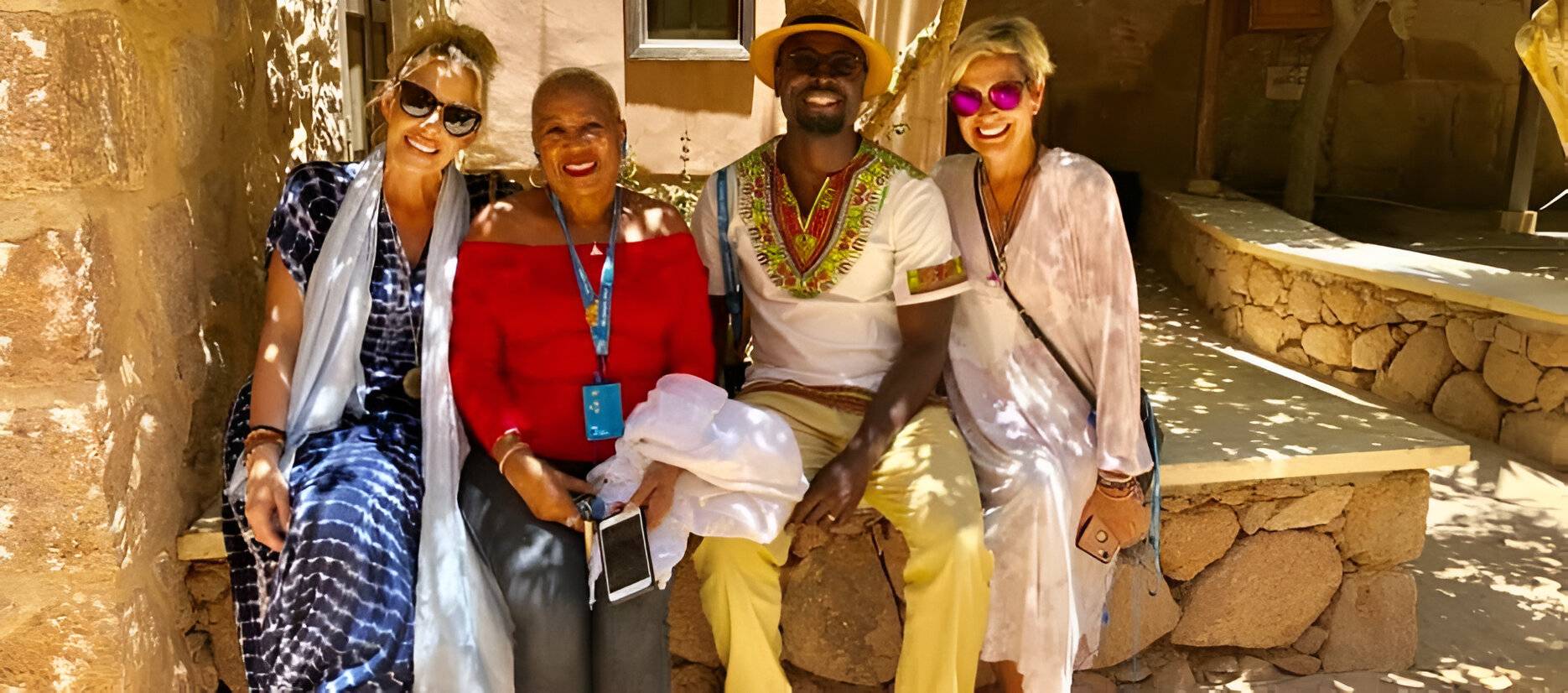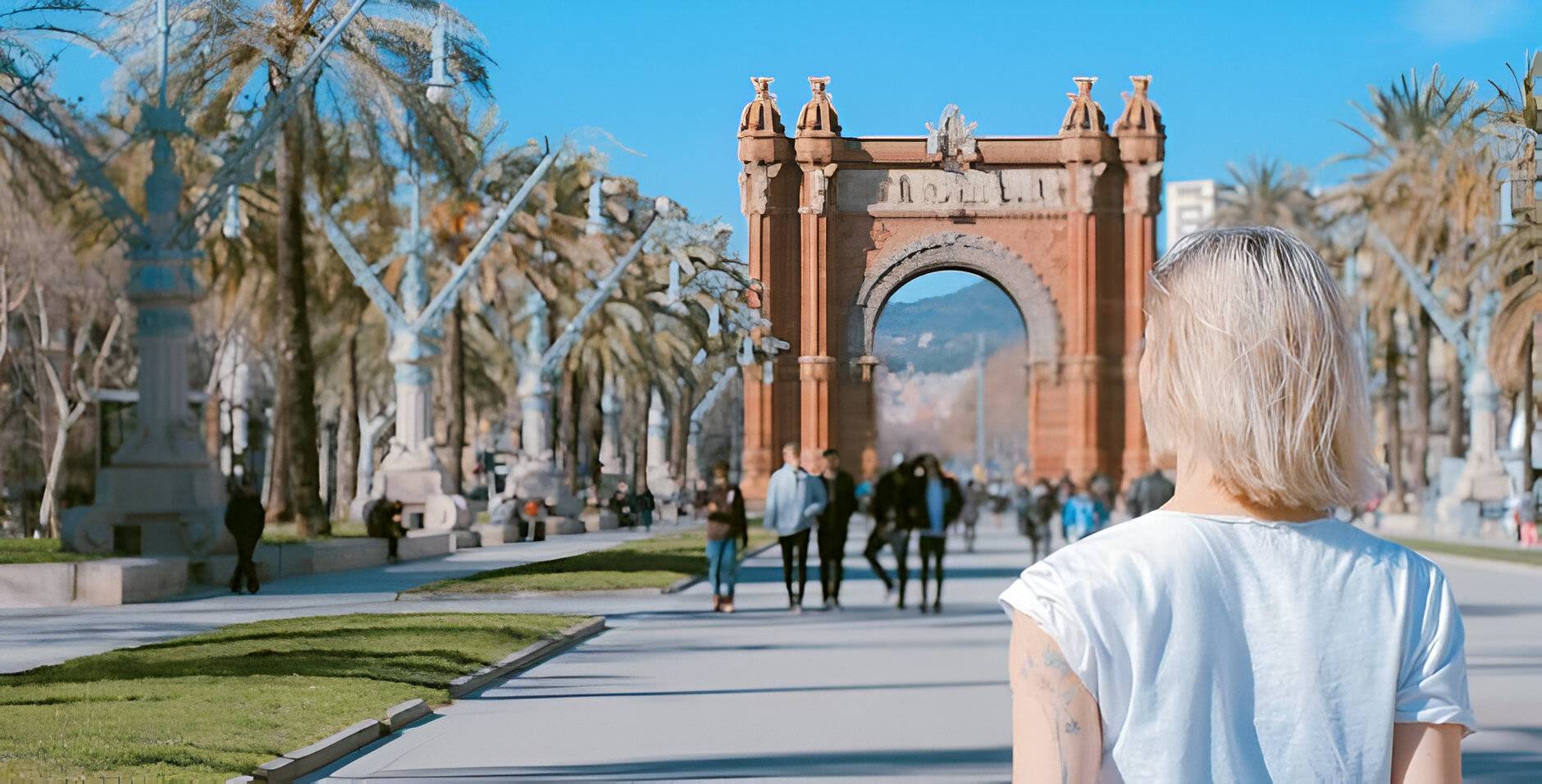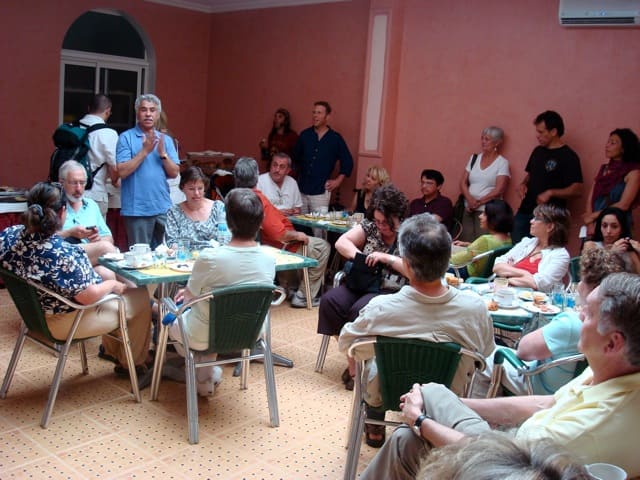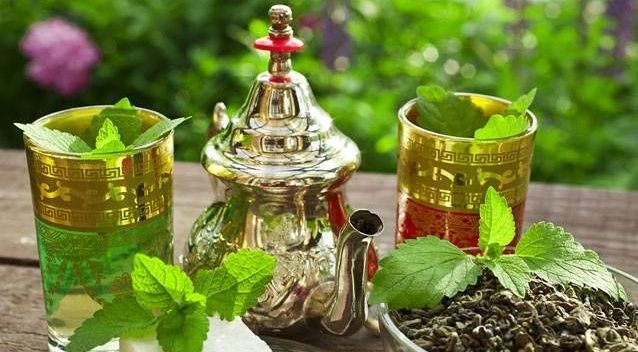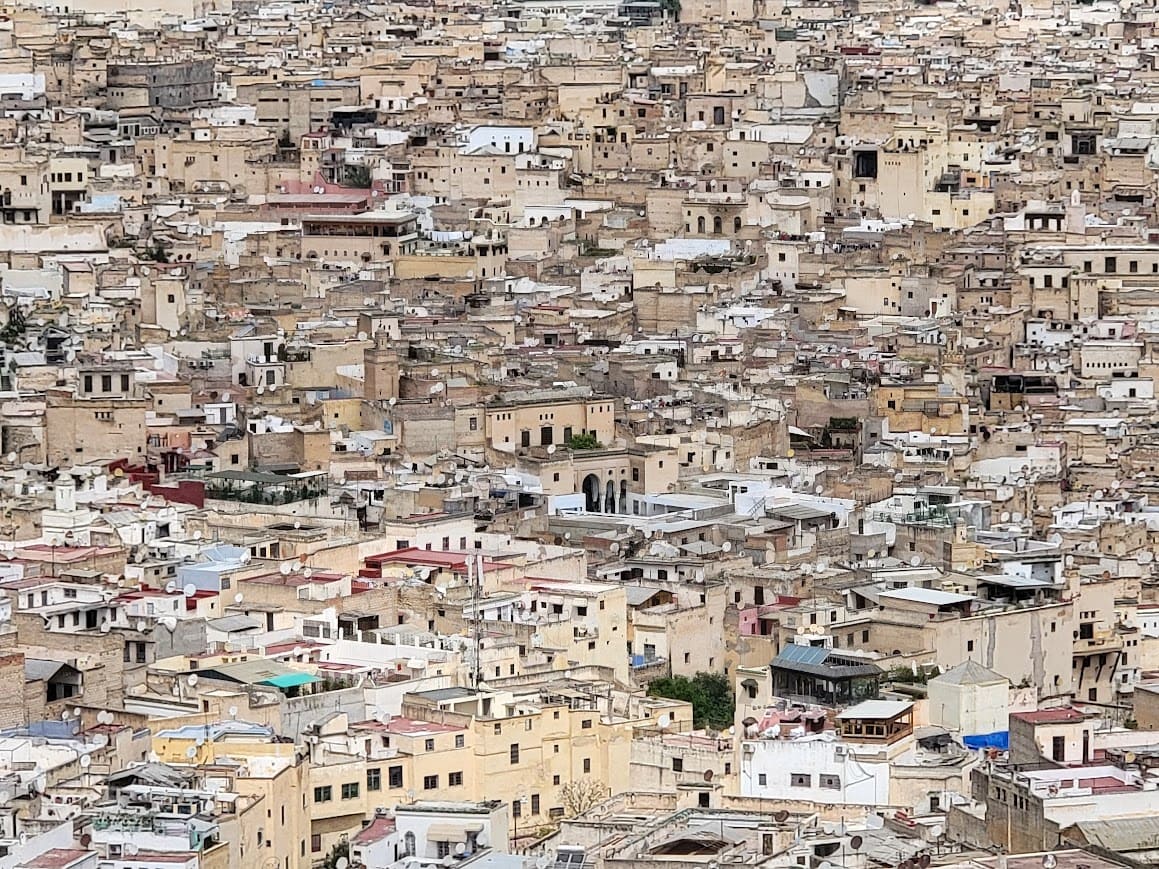A Bridge Rooted in History For more than a millennium, Spain and Morocco have shared not only winds and tides but also seeds, trees, irrigation systems, and knowledge. When the Moors crossed into the Iberian Peninsula in the 8th century, they brought with them sophisticated agricultural techniques that turned Andalusia into a garden of abundance. Terracing, qanat irrigation, and new crop varieties transformed dry lands into flourishing orchards and fields.
Citrus fruits, olives, figs, pomegranates, almonds, carobs, and durum wheat were cultivated with precision and artistry, blending North African ingenuity with Iberian soil. Likewise, methods and crops from Spain flowed back across the Strait, enriching Morocco’s terraces and valleys. This centuries-old agricultural symbiosis has shaped the very landscapes and culinary traditions that still define both Andalusia and northern Morocco to this day. Today, as both nations face the challenges of climate change, food security, and rural revitalization, they stand ready to revive and reinvent this historic green corridor, blending tradition with technology and heritage with innovation.
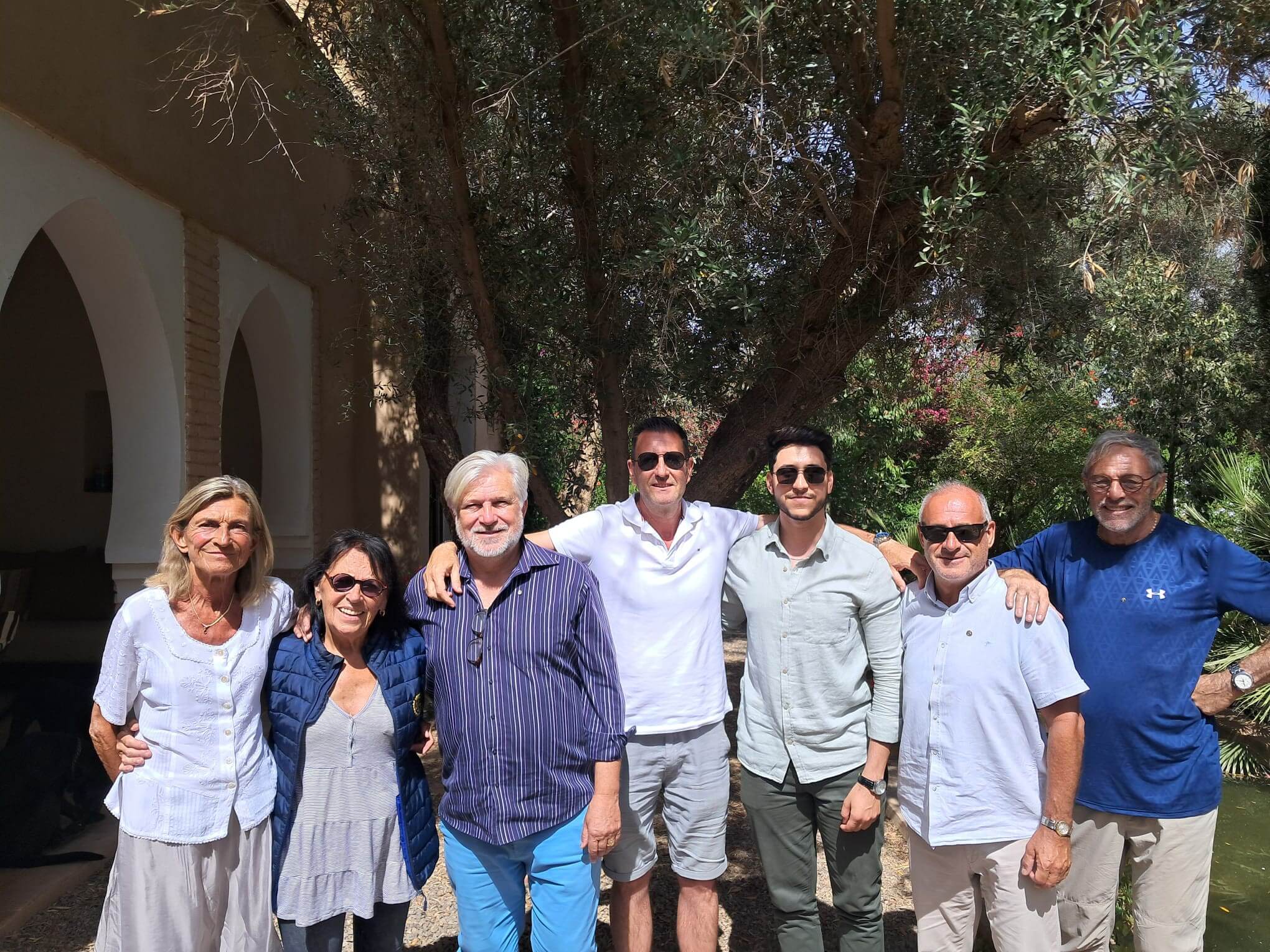
Spain & Morocco: Twin Shores, One Breadbasket Agri-business, agri-tourism, and a Sahel-facing green corridor Between the Atlantic and the Mediterranean, Spain and Morocco face each other like twin terraces of the same garden. Shared winds, shared currents, and a shared ambition: to grow more innovative food systems that nourish Europe, uplift Africa, and train a new generation of farmers, fishers, and food artisans.
From field to value-chain: a working partnership In February 2023, Madrid and Rabat formalized a broad memorandum on agricultural cooperation, modernizing farms, improving animal and plant health, and enhancing genetics, welfare, and product quality. It’s not just words; it’s a roadmap for joint projects, laboratories, and better biosecurity that keeps supply chains resilient on both sides of the Strait.
That dialogue has stayed warm. In April 2024, ministers reaffirmed “permanent and fluid” cooperation, expanding Spain-to-Morocco channels for live animals and products. It’s the kind of quiet regulatory work that unlocks real trade, jobs, and technology diffusion in feed, breeding, cold chains, and processing.
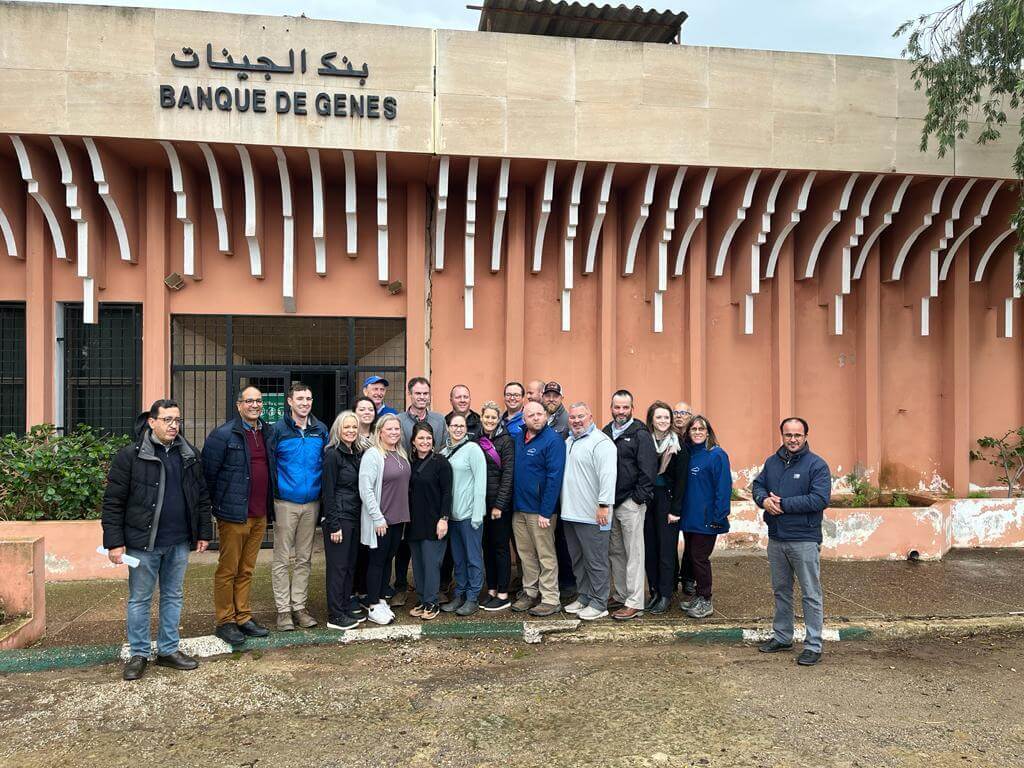
Climate pressure, water intelligence Drought is the great teacher of our times. Morocco’s response combines tradition with science, utilizing drip irrigation, crop selection, and a significant investment in desalination and water transfers to safeguard its horticulture belts and cities. Seventeen plants are already operational, with more on the way; the state’s goal is to free freshwater for inland farming and sustain orchards and greenhouses during the dry years.
Around Agadir, desalinated water is already sustaining high-value tomato production; however, experts still warn about the high energy costs and brine disposal. The lesson is balance: desalination for strategic zones, paired with better irrigation, crop zoning, and farmer training so smallholders aren’t left behind.
This climate pragmatism embodies the spirit of Morocco’s Generation Green 2020–2030 strategy, an evolution of Plan Maroc Vert, and aligns with the EU–Morocco Green Partnership’s “Terre Verte” (€115M) programme, which promotes ecological, inclusive, and innovative farming and forestry. Together, these frameworks invite Spanish institutes, ag-tech SMEs, irrigation specialists, and cooperatives to co-design pilots in soil health, genetics, agri-logistics, and farmer services.
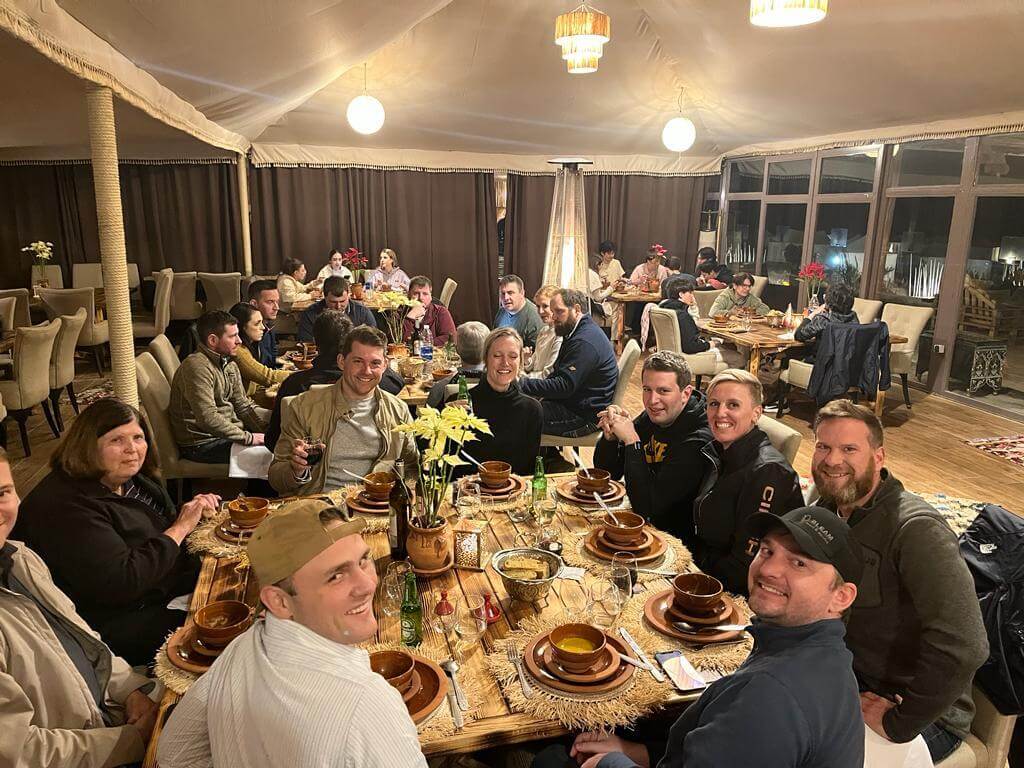
Sea to table: fisheries and aquaculture The fisheries protocol with the EU is currently dormant after court decisions; renewal matters for Spanish fleets and Moroccan coastal economies alike. While politics run their course, there’s fresh momentum in aquaculture. Spain headlined Morocco’s Aquaculture Forum in 2024, signalling joint investment and know-how in hatcheries, feed, spatial planning, traceability, and low-impact mariculture, an ideal bridge from science to jobs in coastal towns.
Agri-tourism: hospitality meets terroir Both countries have sun, scenery, and stories. Morocco’s new push to transform 16 rural villages into model destinations creates living classrooms where travelers can walk through orchards, taste oils and cheeses, join planting days, and learn about irrigation and soil practices; the kind of meaningful travel that today’s guests crave. These routes pair naturally with Andalusian cortijos and Spanish dehesa experiences: olive mills, sherry bodegas, market cooking, and transhumance trails. A joint Spain–Morocco “farm-to-table & craft” circuit can stretch from Chefchaouen and the Rif to Cádiz and Huelva; one sea, many kitchens.
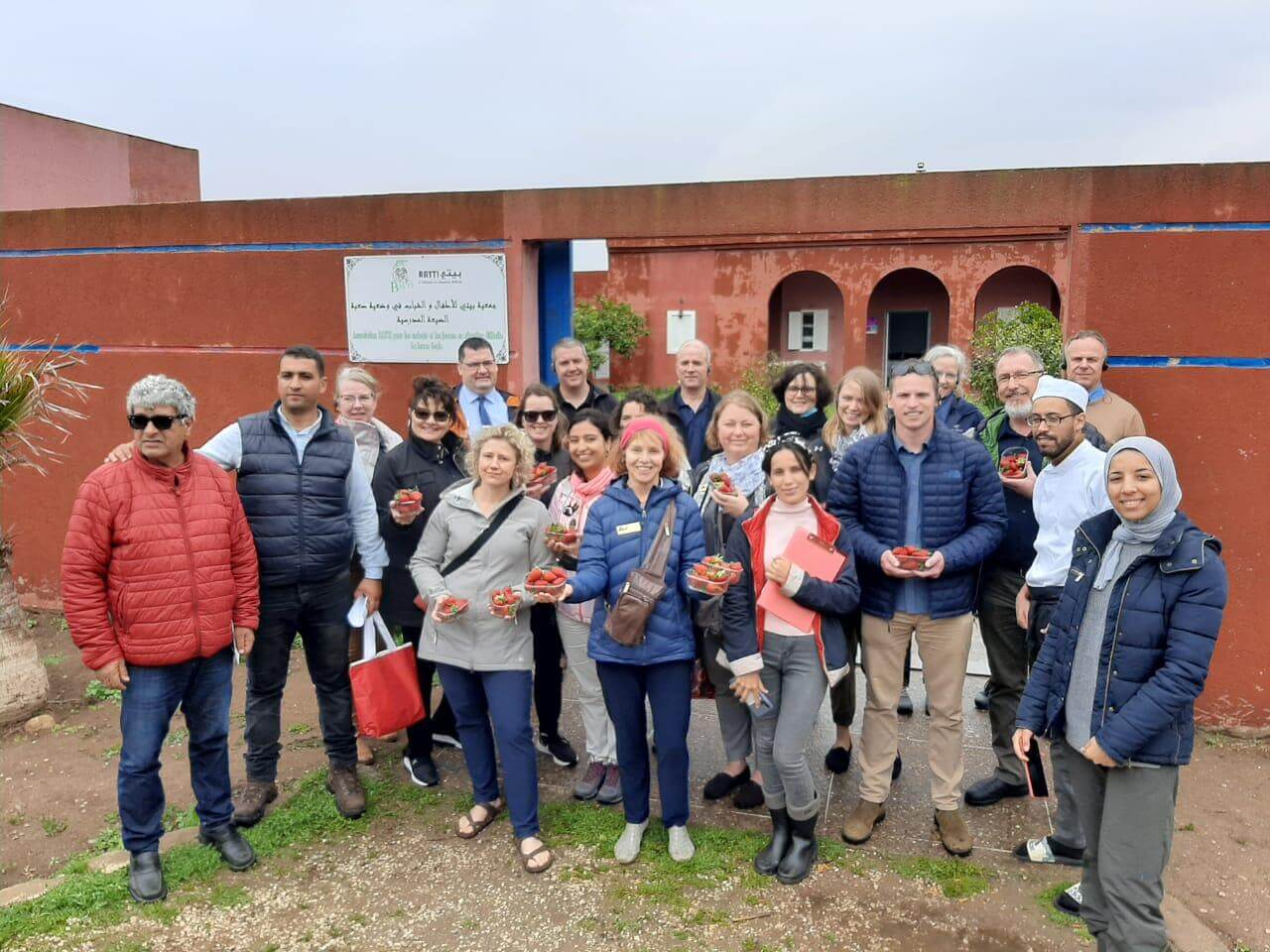
Training the next generation—including the Sahel Cooperation is also human capital. Seasonal programmes have long connected Moroccan rural workers with Spanish harvests, broadening their skills and income, which they later reinvest at home. With careful safeguards, these channels can evolve into accredited training tracks in pruning, greenhouse management, cold chain management, and food safety, skills that uplift entire communities.
Beyond the Strait, Morocco is emerging as a hub for fertilizer and agronomy in the Sahel. OCP Group’s partnerships with the World Bank and IITA/ECOWAS are building soil-health hubs, conducting field demonstrations, and creating customised nutrient blends, enabling farmers in Benin, Togo, Mali, and beyond to increase yields and resilience. Spain’s research centres and cooperatives can plug into these platforms, joint trials, irrigation kits, and digital advisory tools, turning Rabat and Madrid into co-anchors of a West African green corridor. A shared vision for agri-business, and the travelers it inspires.
The commercial logic is strong: Andalusian packhouses trading citrus expertise with Souss-Massa growers; Spanish irrigation OEMs partnering with Moroccan integrators; joint ventures in seafood and aquaculture; co-branding of regional specialties; and R&D alliances tied to EU and AECID funds, where Morocco is a top priority for 2025. Layer on curated agri-tourism, farm stays, harvest festivals, coastal mariculture visits—and you have a cross-border product that sells in winter and summer alike.
Call to action: Let’s convene a Spain–Morocco Agri & Rural Tourism Lab: farmers, cooperatives, researchers, water utilities, and DMCs under one table. Prototype five cross-border itineraries (olives & citrus; greenhouse innovation; argan & coastal aquaculture; mountain transhumance; Sahel soil-health missions), each with a training module for youth and a “give-back day” on soil or water stewardship. That’s commerce with conscience, and precisely the kind of meaningful travel the future demands.
Closing Note This article is part of Sarah Tours’ vision to promote sustainable agriculture, cross-cultural exchange, and meaningful travel between Spain, Morocco, and the broader Sahel. Drawing on decades of experience in cultural tourism and regional cooperation, Hamid Mernissi and Sarah Tours aim to foster new conversations and partnerships at the intersection of agri-business, heritage, and responsible travel.
